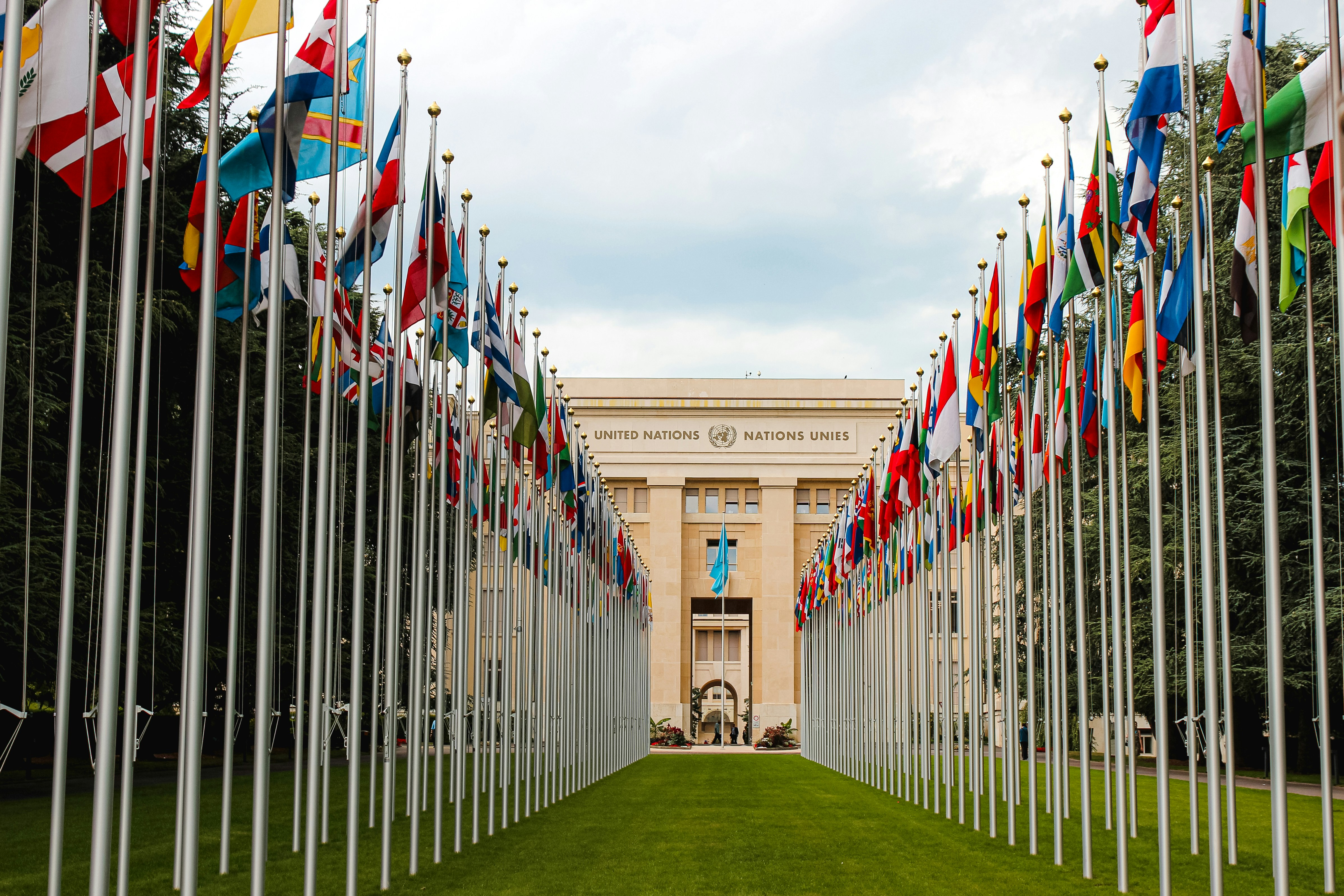
Image source - Mathias Reding
This article was originally published on Dec 10, 2024.
Context
In recent decades, the world has watched from afar as Ukraine, Lebanon and Gaza have faced invasion and war with much stronger foreign powers. In wake of this, pressure has been mounting on the UN security council to intervene and fulfil its responsibility to ‘maintain international peace and security’ (United Nations). However, it has failed to successfully help in preventing these humanitarian crises and, therefore, the system is proving outdated, unjust and due serious reform.
How can we assert that the UN security council is unjust?
The UN security council was founded in 1945, and since then it has been a key player in conversations about global peace. However, thinkers such as Daniele Archibugi argue that the security council ‘represents the most extreme form of intergovernmental oligarchism. (...) dominated by five countries that, thanks to dual privilege of being permanent members and of having the right to veto, actually succeed in monopolizing the organization's agenda’. (Archibugi, 2008, p162). In other words, having only five permanent states (US, UK, Russian Federation, France, and China), each of whom holds a veto power and therefore holds authority in representing a global effort to security, is glaringly unequal and unjust.
Assessing these claims in practice, we ought to consider the recent use of veto powers: ‘the use of the veto proliferated in 2023, wielded twice by the United States on attempted action to address Israel’s war in Gaza, and once each by China and the Russian Federation in that same context’ (press.un.org). These statistics make it overwhelmingly clear that veto power remains able to be abused by certain great powers and is not aiding efforts for ending conflict and achieving global justice.
In a recent speech addressing the UN, President Volodymyr Zelenskyy of Ukraine echoed this sentiment of injustice. Zelenskyy said ‘when the aggressor exercises veto power, the UN is powerless to stop the war’ (UN News), evidently expressing his disappointment with the current system and its inability to provide adequate assistance to Ukraine as they face war with Russia.
Not only is it the case, as Zelensky points out, that a country has no hope of true help if their aggressor is a permanent member of the security council, but there is also inequality in terms of interstate relations. Taking the examples of Lebanon and Gaza, who face conflict with Israel, it is not that Israel itself sits on the board, but instead that Israel has ties to the US: ‘Israel has no greater friend than the United States’ (US Department of State) – and the US do hold veto power.
Can we create reforms within the current system?
It is evident then, that not only is the permanent member system unjust, but so too are the interstate relations which unequally distribute power. This is why any reforms working within the current framework are destined to fail. If we take the solution of expanding the permanent members, for example adding in Germany and Japan – who have both expressed a desire to sit on the council, the issues we have today will persist. Smaller countries with less power on the global scale will attempt to use ties to Germany or Japan to wield their power: ‘new states having the power of veto would indeed likely paralyze the organization even more strongly’ (Archibugi, 2008, p163).
This type of reform would also likely disproportionately impact the Global South. Afterall, it is already the case that the majority of the permanent members of the security council are from the Global North and so scepticism for any new members being added being from the Global South seems valid. If we want to make true reforms, we need to consider a system which will listen to the voices of not only those in the Global South; global security ought to consider voices from across the entire globe –without doing so we are not achieving true steps towards a just system of global security.
What might more drastic reforms look like?
It therefore appears that drastic reforms are necessary; a rethinking of the entire system ought to be considered. Now what this looks like on a global scale is, of course, difficult to conceptualise, but I argue that it involves an abolishment of veto power and the permanent member system as well as a diversification of voices heard in the security council. This may involve voices from NGO leaders, people working with grassroots organisations on the ground, or elected representatives of civilians caught in conflict. In addition, a recentering and redefining of what just global security means is necessary to help refocus goals towards global peace. Global security concerns all states and so ought to be treated as such.
Bibliography:
Archibugi, Daniele. The Global Commonwealth of Citizens : Toward Cosmopolitan Democracy, Princeton University Press, 2008. ProQuest Ebook Central, pp153-164